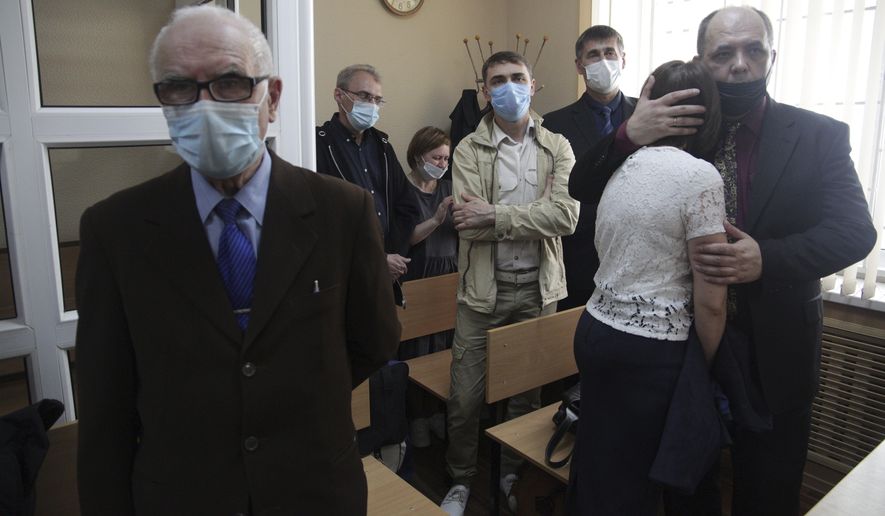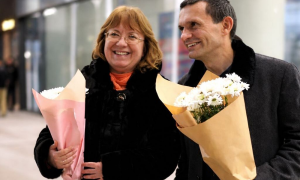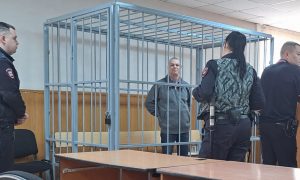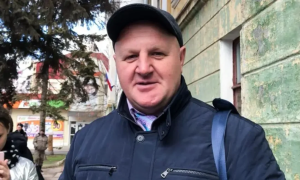Four Russian members of the Jehovah’s Witnesses received stiff prison terms Monday in what the American-based movement calls the “longest, harshest” sentences imposed on its believers since the 2017 designation of the group as “extremists.”

The Trusovskiy District Court of Astrakhan sentenced Rustam Diarov, 48, Yevgeniy Ivanov, 44, and Sergey Klikunov, 46, each, to eight years in prison. Olga Ivanova, 38, Yevgeniy’s wife, received a sentence of 42 months, a Jehovah’s Witnesses statement said.
The eight-year sentences — longer than the criminal code specifies for kidnapping or rape — are equivalent to the maximum eight-year penalty Russian law specifies for causing “grievous bodily harm,” the organization noted.
According to Natalia Prilutskaya, a researcher for the human rights group Amnesty International, “These are some of the harshest sentences issued so far against Jehovah’s Witnesses in Russia since the Supreme Court declared Jehovah’s Witnesses’ organization to be ‘extremist’ and banned it in 2017.”
Alexander Verkhovsky, director of the Moscow-based SOVA Center for Information and Analysis, said, in a statement, “Real imprisonment for a woman, and real prison terms up to 8 years for men are further proof of the growing cruelty in the campaign against Jehovah’s Witnesses. The average punishment this year has been harsher than in the previous year.”
In June, Judge Tatyana Studilko, of the Blagoveshchensk City Court in Russia’s Amur Region, sentenced Aleksey Berchuk, a Jehovah’s Witness to eight years in prison, while committing co-defendant Dmitriy Golik to a seven-year term. Both denied participating in extremism, as did the Witnesses sentenced on Monday.
Speaking at Trusovskiy District Court before the sentence was pronounced, Olga Ivanova said, “My conscience is clear! I have not committed any crime either before people, or before the state, or before God!”
She asserted that “being a Jehovah’s Witness is not a crime,” stating the group had “lived in Russia for over 100 years, and most of that time they practiced their faith without the organizations that appeared in the late 1990s under the Law on Freedom of Conscience and existed for less than 20 years.”
The Russian government liquidated the movement’s offices and banned their activities in 2017. Authorities labeled the group as “extremist” despite the Witnesses’ stated positions of opposition to military service and abstention from political activities.
Jarrod Lopes, the group’s international spokesman, said, “Russian authorities continue to unconscionably hunt down, and at times beat or torture peaceful Jehovah’s Witnesses. They have raided 1,594 homes of Jehovah’s Witnesses since 2017 — even targeting handicapped and elderly ones, some as old as 90. Just this year, over 30 Jehovah’s Witnesses have been convicted and imprisoned simply for peacefully practicing their Christian beliefs.”
In 2020, the group reported 8.7 million members worshipping in more than 120,000 congregations in 240 nations and territories.





